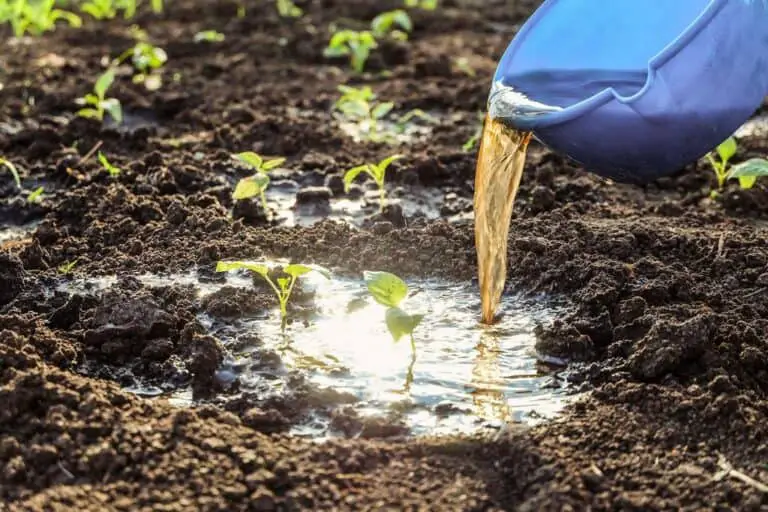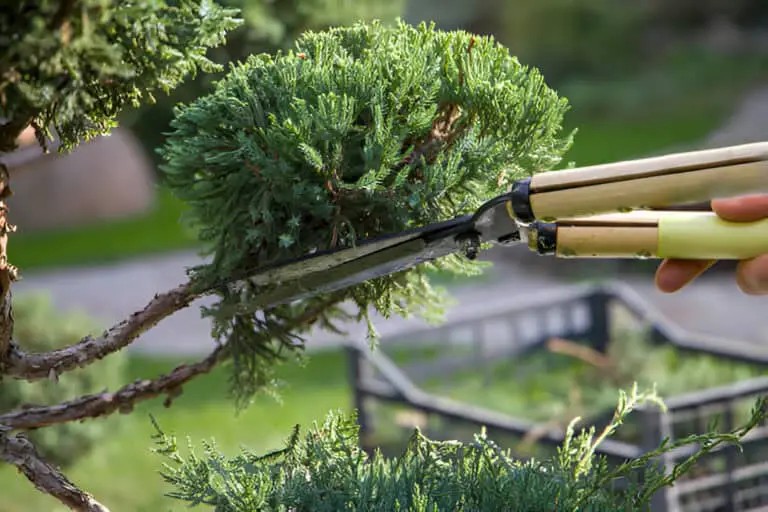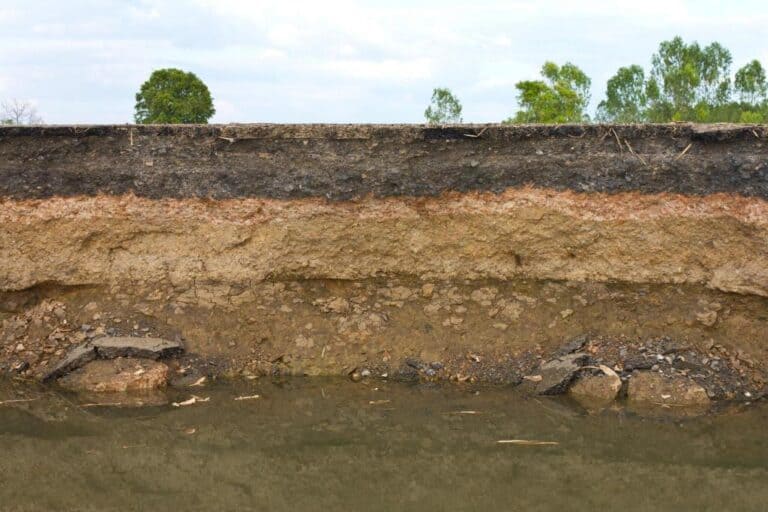Is Blood and Bone Meal Good for Lemon Trees?
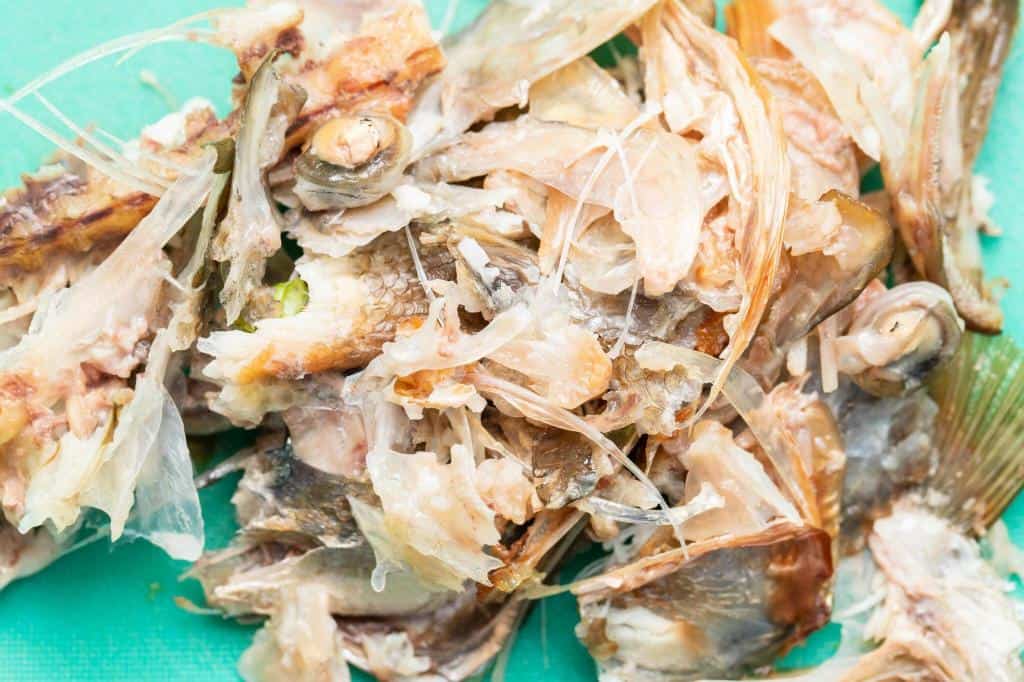
A garden that is doing well is one that has lush lemon trees full of bright, sour fruits. You might find that bone meal is a powerful ally that can help you figure out how to grow such lush citrus plants. You can think of this organic mixture as nature’s elixir for your lemon tree. It contains all the nutrients and elements it needs to grow and produce a bumper crop of high-quality lemons.
In the world of gardening, bone meal is an old friend that is praised for having amazing effects on plant health and vitality. Its subtle benefits come from the complicated dance it performs below the surface. This dance is made of phosphorus-fortifying roots.
Nitrogen fuels leafy greens. Calcium strengthens structures from the trunk to the tip. But here’s where things get exciting. Beyond these basic benefits, bone meal and our beloved lemon trees have a deeper connection. They have an unspoken agreement that unlocks strong, fragrant blooms and juicy, sunny fruit.
We are starting a journey through the mysteries of soil science and the wonders of gardening. Get ready for revelations. They will change how you care for your plants and how you see their link to nature’s grand design. Let us look into the story of bone meal. It’s a simple but powerful substance. It can turn your backyard citrus paradise into a thriving haven full of life’s zesty pleasures.
Enhancing Lemon Trees with Blood and Bone Meal
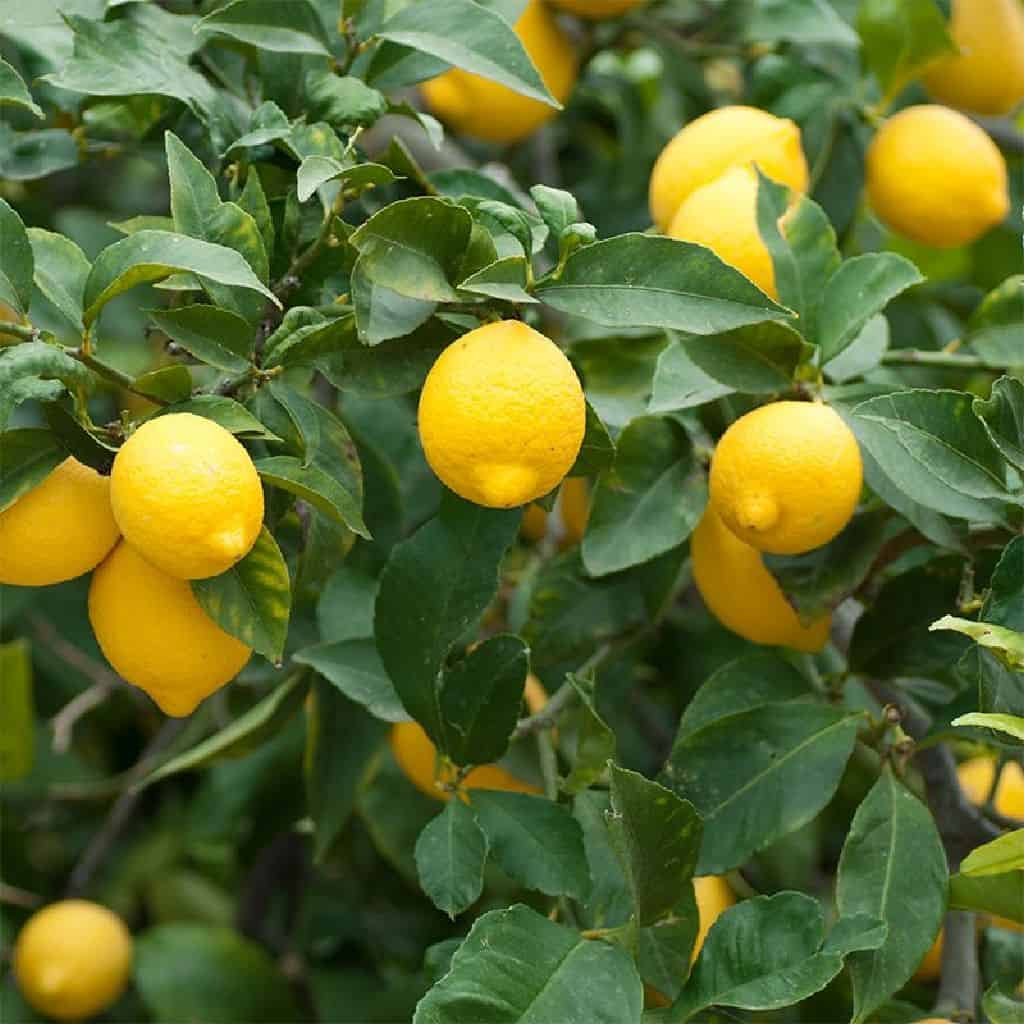
Blood and bone meal stands out as a nutrient powerhouse when it comes to fortifying lemon trees. Bone meal is packed with essential minerals like phosphorus and calcium. It gives a vital boost for the health and vigor of citrus trees, such as lemons.
Phosphorus plays a key role in energy transfer within the plant, crucial for robust root development and flower formation. Moreover, calcium aids in cell division and structure, helping lemon trees withstand environmental stressors while promoting healthy fruit growth.
Beyond its rich mineral content, one of the standout features of blood and bone meal is its slow-release properties. Quick-acting fertilizers can cause nutrient runoff or burn roots if not applied correctly. But, bone meal is different. It releases nutrients slowly over time as it breaks down in the soil.
This gradual release ensures that lemon trees get a steady supply of key elements. It does so without overwhelming their delicate roots. Using bone meal in your fertilization regimen leads to more sustained growth and better fruit in your prized lemon trees.
Applying Blood and Bone Meal for Lemon Trees: Maximizing Nutrient Absorption
When you use blood bone meal to care for your lemon trees, the best results will come from strategically placing it and timing it. Before planting your lemon tree or when repotting it, you might want to mix blood and bone meal into the soil to give the roots the nutrients they need.
Mix blood and bone meal with the soil in the hole or container. This ensures that your lemon tree has direct access to these minerals from the start. This initial boost can help establish a strong foundation for growth and fruit development.
Also, putting blood and bone meal around the base of a lemon tree in early spring can help it grow. Sprinkle blood bone meal evenly within the dripline. This is where rainwater usually falls off the branches. Rainwater or irrigation will then carry the nutrients into the root zone over time.
This method mimics natural nutrient cycling processes, aiding in long-term health benefits for your lemon tree. Be mindful of when and how you apply bone meal. Maximize its availability to nourish your citrus. This will encourage efficient absorption throughout its lifecycle.
Risks and Considerations of Using Blood Bone Meal on Lemon Trees
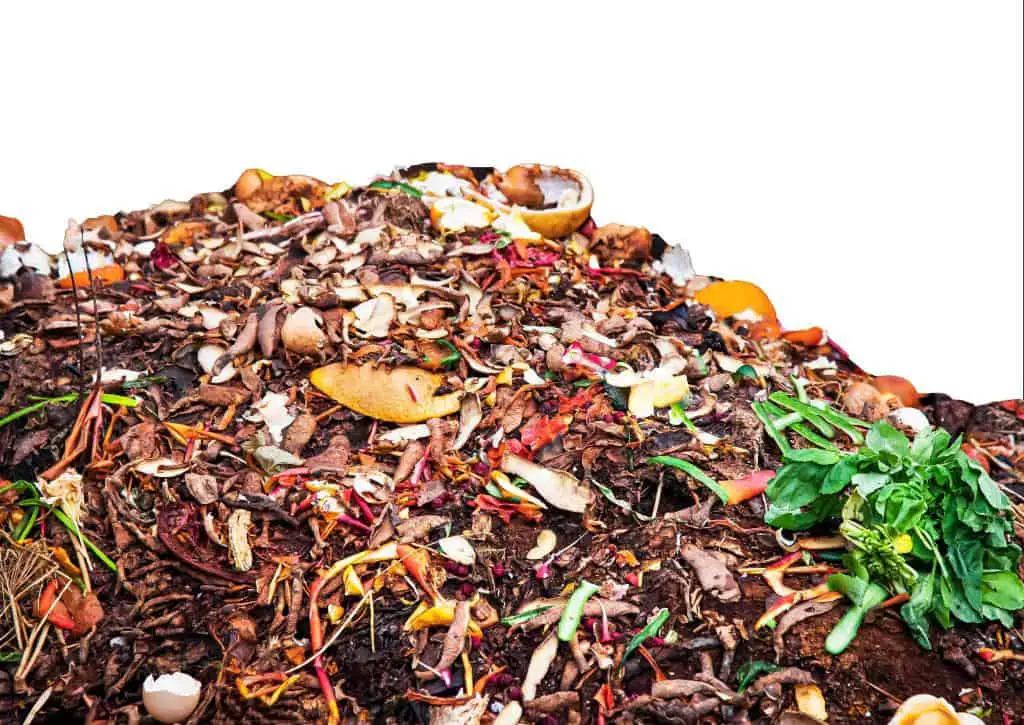
Blood and bone meal can help lemon trees. But, gardeners must be aware of its risks and drawbacks. One primary concern is the slow-release nature of bone meal, which might not always match the immediate nutrient needs of citrus trees. This could lead to deficiencies in critical elements like nitrogen or potassium during certain plant growth stages, affecting overall tree health and fruit development.
Another aspect to consider is the pH levels in soil when using bone meal as a fertilizer for lemon trees. Bone meal tends to increase soil alkalinity over time due to its composition, potentially impacting the tree’s ability to absorb essential nutrients present in the soil. This shift makes conditions more alkaline. It can disrupt microbial activity in the root zone. This disruption harms beneficial, symbiotic relationships that support healthy tree growth.
So, knowing your soil’s current pH is key. You must also watch for changes after adding bone meal to your citrus care routine.
Expert Insights: Experiences with Bone Meal on Lemon Trees
When you talk to experienced gardeners, their stories can help you understand how bone meal can help your lemon trees. Renowned horticulturalist Dr. Greene Jacob underlines, “In my years of research and hands-on practice, I’ve witnessed remarkable results from incorporating bone meal into citrus tree care regimes. The slow-release nutrients present in bone meal not only boost overall growth but also enhance the tree’s ability to withstand environmental stressors.” These insights from experienced professionals serve as a testament to the tangible benefits that bone meal can offer for lemon trees.
Also, avid gardener and blogger Jen Malcolm shares her journey. She tells of using bone meal on her lemon grove and stresses its impact on fruit quality. She notes, “Implementing bone meal was a game-changer for my lemon trees’ productivity. The increased fruit yield coupled with improved flavor profiles truly elevated my gardening experience.”
Such firsthand accounts resonate with people. They seek practical ways to improve their citrus cultivation. As these experts affirm, embracing bone meal fertilizer may unlock new dimensions of vitality and abundance for your cherished lemon trees.
Alternatives to Blood and Bone Meal for Citrus Tree
When fertilizing lemon trees, there are alternatives to blood and bone meal. They provide similar benefits without the potential drawbacks. Here are some options:
- Compost
Compost is a natural fertilizer that is rich in organic matter and nutrients. It can help improve soil structure, retain moisture, and provide a slow-release source of nutrients for lemon trees. Apply compost around the base of the tree, taking care not to mound it against the trunk.
- Fish Emulsion
Fish emulsion is a liquid fertilizer made from fish waste. It is high in nitrogen, which promotes healthy leafy growth in lemon trees. Fish emulsion is simple to use and quickly absorbed by the roots, providing quick-acting nutrients.
- Synthetic Fertilizers
You can buy synthetic fertilizers for citrus trees. They have a balanced blend of nutrients. These fertilizers often contain nitrogen, phosphorus, and potassium. They also have micronutrients like iron and magnesium. Follow the manufacturer’s instructions for application rates and timing.
Choosing the Right Fertilizer for Vibrant Citrus Trees
Choosing the right fertilizer for vibrant citrus trees involves picking a product rich in nitrogen. Nitrogen promotes leaf growth. The fertilizer should also have vital nutrients like phosphorus and potassium. Fertilizers made specifically for citrus trees often include micro-nutrients to help maintain overall tree health.
Fertilizer nutrients are represented as N-P-K values. The numbers show the percentage of nitrogen, phosphorus, and potassium, respectively. A good citrus fertilizer typically contains a balanced mix of macro and micro-nutrients, and the exact ratio may vary depending on the specific needs of the tree and the type of soil in which it is growing.
Citrus trees need regular fertilization during the growing season. This is to keep them healthy and fruitful. The frequency of fertilization depends on factors. These include the age and size of the tree, the type of soil, and the availability of natural nutrients. In general, citrus trees should be fertilized every 4-6 weeks during the growing season, with the frequency being adjusted as needed based on the tree’s response to fertilization.
Organic fertilizers are a popular choice for citrus tree growers due to their natural sourcing and ability to promote healthy growth. Some of the best organic fertilizers for citrus trees include compost, bone meal, blood meal, and fish emulsion. These fertilizers can be applied in a variety of forms, including granular, liquid, and slow-release.
Liquid fertilizers can also be beneficial for citrus trees, as they are typically more easily absorbed by the tree, promoting rapid growth and improved overall health. However, it is important to use liquid fertilizers in moderation. Over-fertilization can lead to nutrient burns and other harm.
Some of the most recommended citrus tree fertilizers by experts include Citrus-Tone, Osmocote Citrus & Avocado, and Espoma Citrus-Tone. These fertilizers are known for their ability to promote healthy growth and productivity in citrus trees while also being easy to apply and affordable.
Over-fertilizing citrus trees can lead to a variety of negative effects, including nutrient burn, stunted growth, and reduced fruit production. Also, over-fertilization can lead to the buildup of harmful chemicals in the soil. These can harm the tree.



